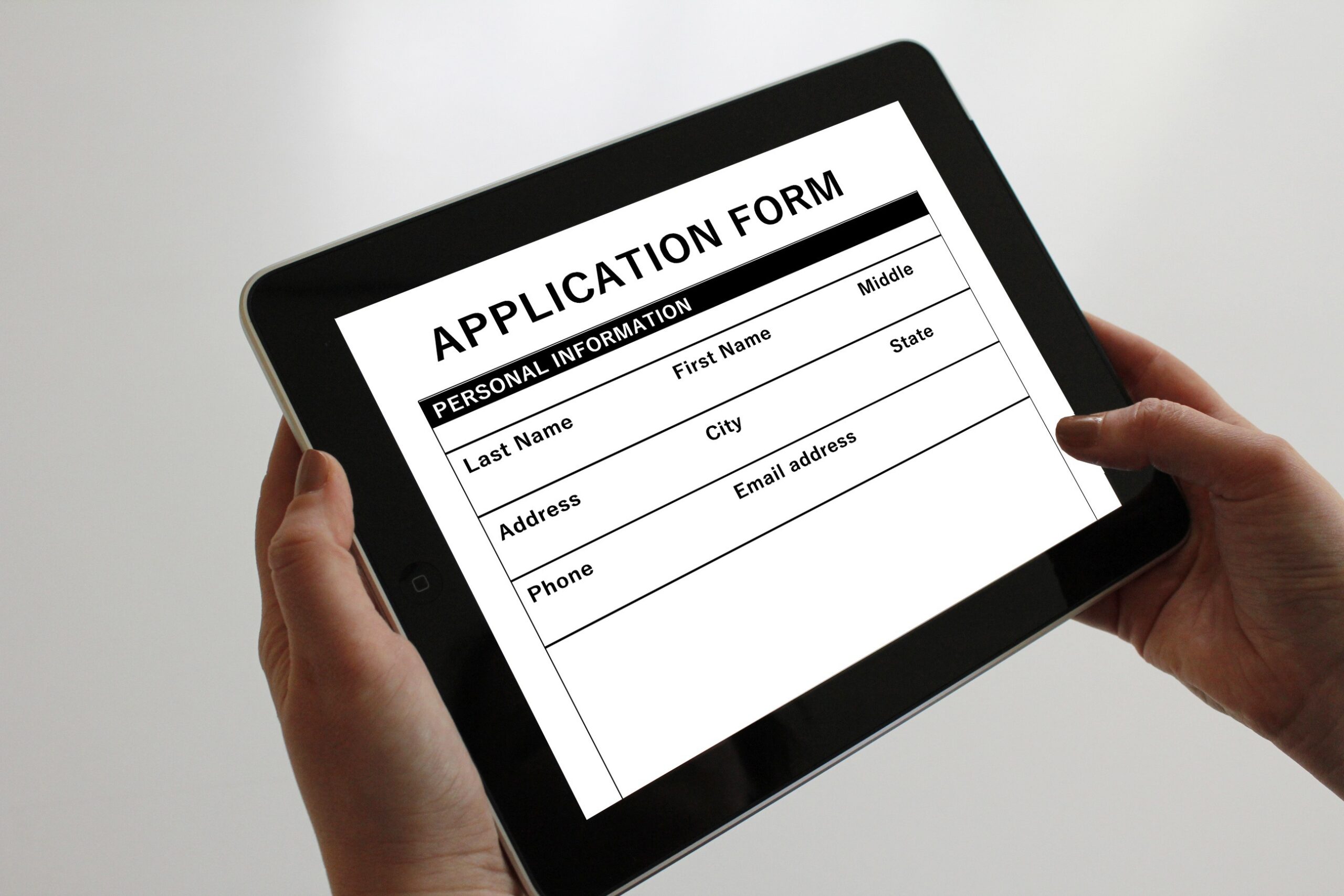Legislation will punish offenders with a fine of no maximum value
Credit: Yui Mok/PA Wire/PA Images
The government is putting forward a new law to prohibit touts from using automated software to buy large amounts of tickets for events.
The legislation, the creation of which was enabled by provisions in the Digital Economy Act, will be laid before parliament this week. Once it passes into law, anyone using software robots to acquire tickets in bulk and then resell them at a large profit “will face an unlimited fine”.
The government explained the need for the law by citing the recent online touting of tickets to see London musical Hamilton for as much as £6,000. Performances by artists such as Adele (pictured) and Ed Sheeran have also been a target for touts, the government added.
Related content
- Immersive opera and audience analytics – government unveils digital culture vision
- Q&A with Tate digital director Ros Lawler – ‘We want to make art accessible to everyone’
- #CultureisDigital – DCMS asks for your tweets as it looks to help art and tech unite
Margot James, minister for the digital and creative industries, said: “I’m determined to make sure everyone has the chance to see their favourite stars at a fair price. This week we will reach the final stage in our fight to beat rip-off ticket touts using bots to buy huge numbers of tickets, only to sell them on at massively overinflated prices.”
She added: “Our work, together with improvements by industry, will give consumers greater protection, make the market more transparent and help Britain’s live-events scene continue to thrive.”
The new legislation follows the government’s introduction last week of rules requiring resellers to provide buyers with the unique ticket number of any ticket resold.



